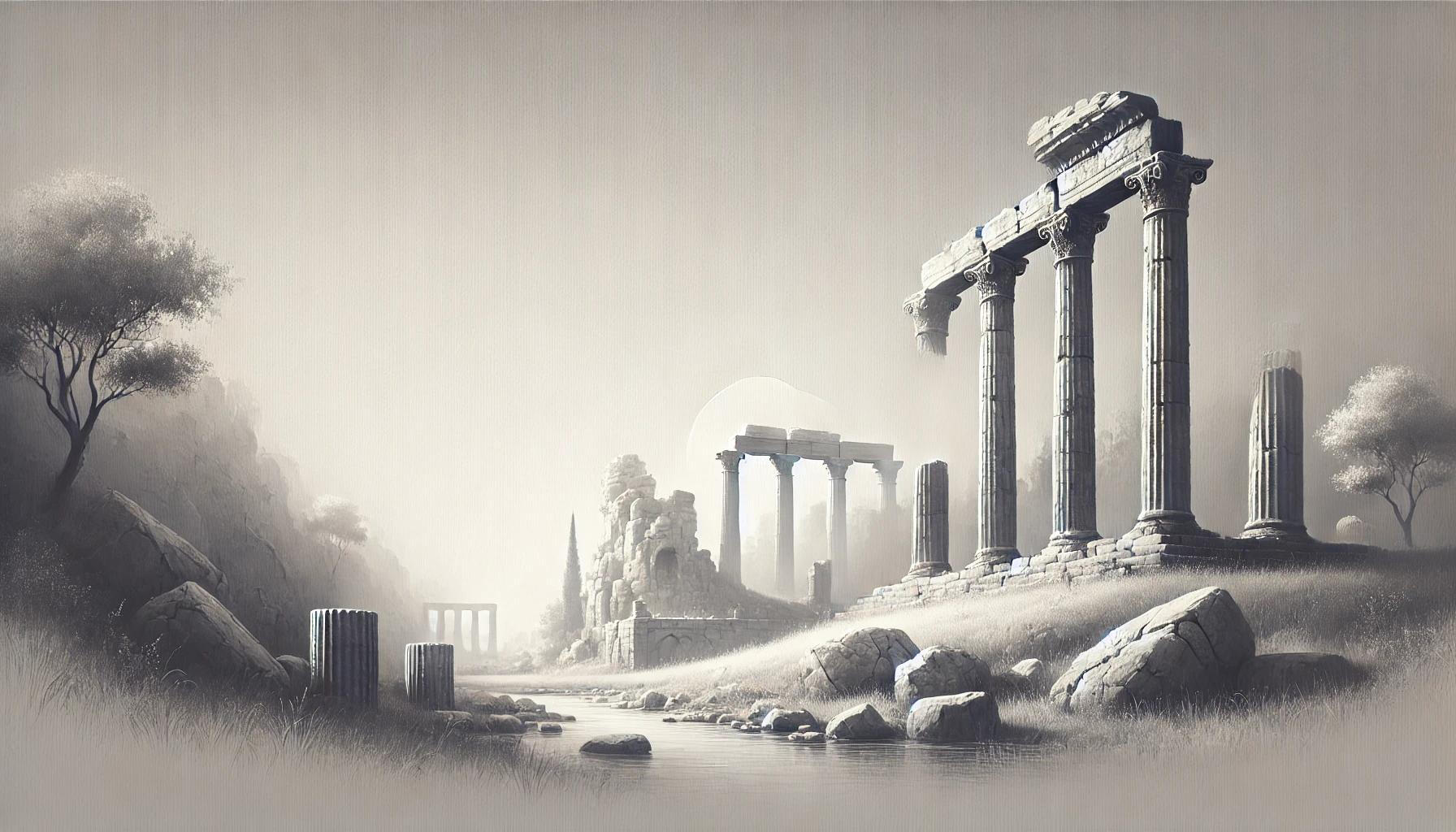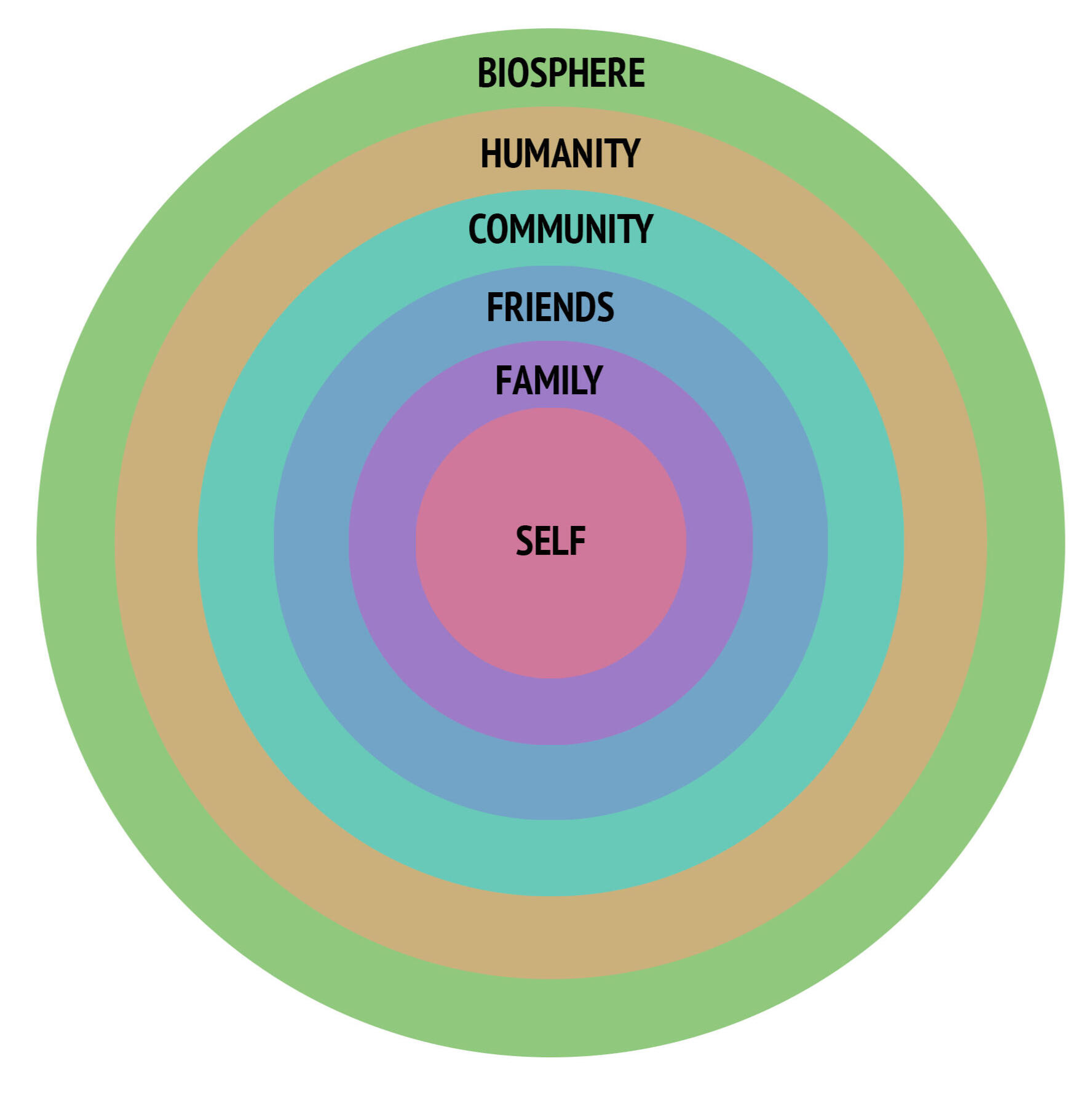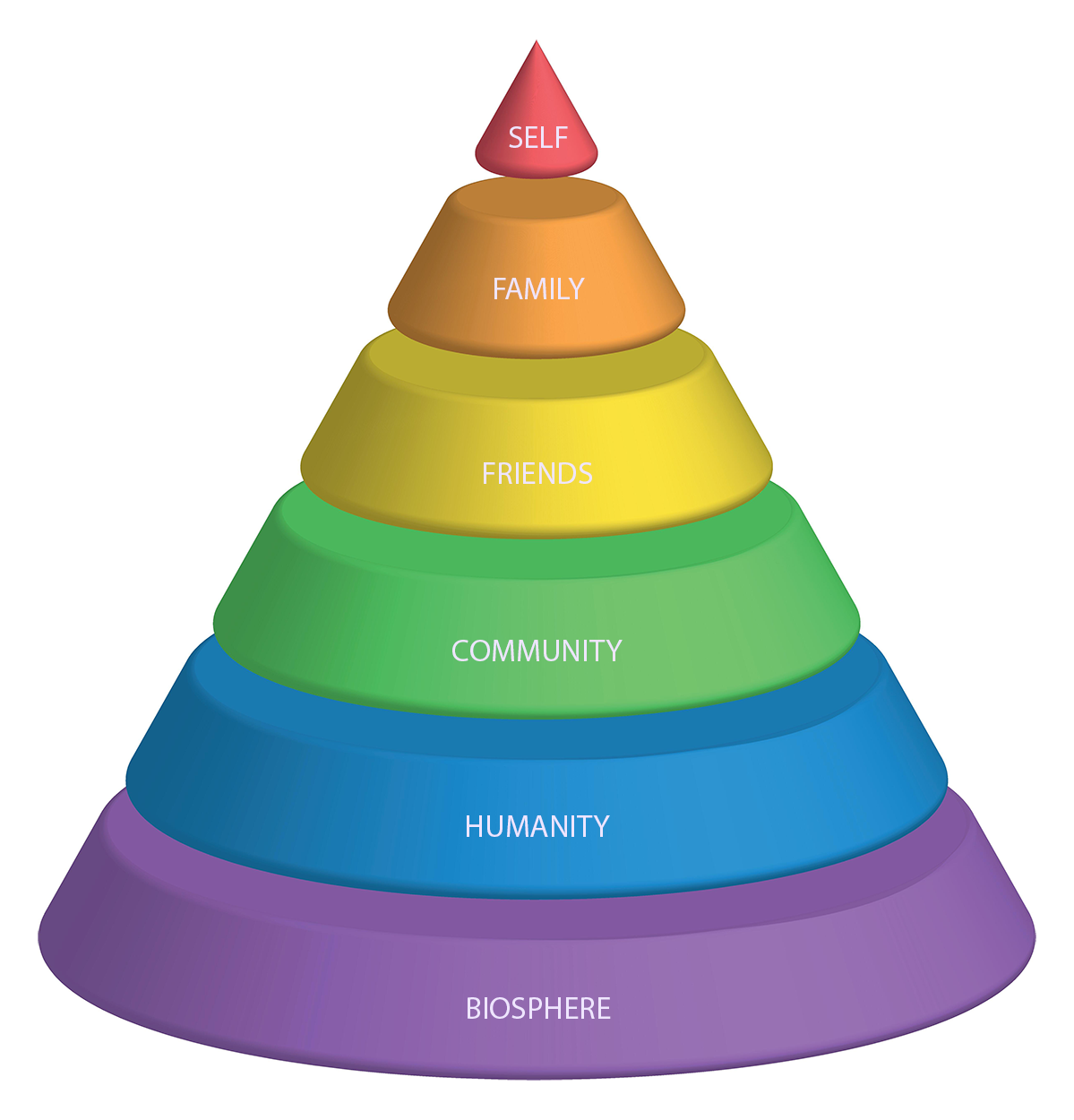#StoicismLiteracy

Who am I?
Stoicism vs stoicism
Indifferents
Good and Bad
God
Virtue
Oikeiôsis
Who am I, and why am I doing this?
My name is Tanner Campbell, American philosopher of Stoicism, co-author of What Is Stoicism? A Brief and Accessible Overview, and host of the Practical Stoicism podcast.I've created this page to offer clarifying statements on Stoicism which (I hope) will help others to understand this the philosophy more honestly.
Stoicism vs. stoicism
There is a difference between "Stoicism" and stoicism.Capital "S" Stoicism is an Ancient Greek virtue ethics philosophy with the goal of transforming the practitioner into a perfectly moral character (a sage).Lowercase "s" stoicism is a sort of compartmentalisation of emotion that aides in detaching oneself (emotionally) from troubling goings on whether externally or internally.This latter sort of "stoicism" has been conflated with the former sort for so long, and to such an astounding degree in pop culture that people no longer understand the difference between the two.This means that Stoicism has become understood to BE stoicism regardless of how utterly different and entirely incompatible they are.I hope this page can do something to put change all this. Here's hoping.
Stoic Indifferents
In Stoicism, an "indifferent thing" is a thing which is incapable of impacting our moral character. Since the only thing that can impact our moral character are our own choices, everything that isn't a choice we make is an indifferent thing. When referring to more than one indifferent thing, we pluralize the world as "indifferents." This pluralization is the root of the misunderstanding that Stoics practice "indifference" since, when one says either word out loud, they sound exactly the same.Stoics cannot be indifferent toward indifferent things because every indifferent thing we encounter requires us to make a choice about how to regard, react to, or otherwise "deal with" that indifferent thing.For example, a homeless person begging for change on the street corner may be an moral indifferent (in regards to our moral character), but our choice whether to (for example) give them our spare change or not is a direct reflection of our moral character and so is not an indifferent.In short, Stoicism teaches us that we are our character and that our character is forged by our choices and not by the things that prompt us to choose.
Virtue is the only Good (and Vice the only Bad)
The Ancient Stoics were very strict in their definitions of certain words which we are not very strict with today. The word "good" is an excellent example of this. For the Ancient Stoics, if something was to be "good" it had to be good all the time. If something was only good under certain circumstances or in certain contexts, then it wasn't unconditionally good and thus could not be called good.For example, most people like the flavour of vanilla ice cream and would say that "vanilla ice cream is so good." Some people, however, do not like the flavour of vanilla ice cream would say, "vanilla ice cream is bad." In this scenario the goodness of something is being defined subjectively (as is the badness of something). If it is our interpretation of a something (whether that's something trite like ice cream or the weather, or something more ethically challenging, like slavery, or war) is purely subjective, then that something cannot be said to be unconditionally good or bad and is thus neither.Importantly: something being only conditionally good or conditionally bad does not mean it doesn't matter. Remember, our choices are a reflection of our character, so we can't choose not to care about things appropriately.
The God of Stoicism
The Ancient Stoics did not believe in the supernatural, thus they did not believe in a version of Zeus that lived atop a mountain with other gods, hurled lightning bolts at mortals, or absconded with women while disguised as a (flying) cow.However, the Stoics did believe in a unique conceptualization of God and they took that god seriously.The Cosmos are, for all intents and purposes, logical in their so-called design.What I mean is that the Cosmos present as a highly stable system.Notwithstanding entropy, notwithstanding quantum physics, the Cosmos, to we humans, is stable enough to make safe predictions about what is going to happen next in the natural world.The weather, planetary orbits, the tides, the seasons, all of these are within our ability to somewhat accurately predict because the Cosmos are consistent. This unrelenting, live-enabling consistency and dependability, was as "logical" a thing as any Ancient Stoic had ever encountered.The Ancient Stoics understood this logic to be a function of the Cosmos from the very beginning. This logic, the "Logos", is within every square meter of the Cosmos and is why the Cosmos, and everything in it, can go on existing.If the Cosmos wasn't "logical" it wouldn't be stable, and if it wasn't stable we wouldn't be able to exist.The God the Stoics are referring to when they speak of God (even when they call it Zeus, even when they refer to it as "divine") is what we would think of today as an emergent effects of any self-sustaining closed system.When the Stoics speak of God they are speaking of the Cosmos itself (also "Nature", capital N) and all that "her" nature (small "n", her configuration if you like) enables to exist. They take this even further by reasoning that anything which exists (or happens) must be logical since it is, necessarily, the byproduct of a self-sustaining, predictable, "logical" system.So, the Cosmos are God, and everything within it is an expression of the logic of that system -- of God.This is very clearly not the God of Abraham. The Stoics didn't pray, they weren't Christians (obviously), and they didn't believe in a personal supernatural God that could bend the rules of existence to accommodate our wishes, nor did they think "God" judged anyone or that anything happened after death -- only that your share of the Logos of the system returned to the system and would be fashioned to another purpose at that time (not reincarnation, more like Lion King circle of life).The Stoic God was arrived at via logical argument.Stoic ethics were then reasoned to with this conception of God as their underpinning.This is why Stoic ethical theory, at least in its original form, requires belief in so-called "God", since, without this belief, there's no ā priōrī justification for holding Stoic ethical positions.This has caused a lot of friction with contemporary Stoics who identify as atheists because they feel they have to choose between their atheism and Stoicism. From this tension was born the Modern Stoicism movement which is endeavoring to find another justification for Stoic ethics (which they have yet to do without evoking a Utilitarian bent).Countering the "Modern Stoicism" movement is the "Traditional Stoicism" movement; a contingent of fundamentalist (I don't mean that disparagingly) Stoics who want to practice Stoicism like the ancients did but in a modern context (which is probably not possible)
What is Virtue?
In most cases when we contemporary peoples hear the word "virtue", we tend to think of something vaguely like proper, polite, pious, well-mannered, et cetera. To the Ancient Stoics, however, Virtue was a specific kind of knowledge: the knowledge of perfect moral reason. This has also been worded as "the knowledge of how to live excellently" or "the knowledge required to live a life worthy of being lived."In Stoicism, though, perfection is perfect moral knowledge (this is the aim of Stoicism and the quality which makes one a sage, and so I prefer the former-most phrasing).The word also wasn't Virtue, originally (Virtue is Latin, Ancient Greeks didn't speak Latin), it was "Areté." Areté means excellence and was is in some way connected to the Goddess Arete, the goddess of, well, excellence.Worthy of note: because "-vir" is a Latin root, some people say only men can be virtuous. While -vir does indeed mean "man", Stoicism is Greek, and Greeks didn't speak Latin (let alone pen their philosophies in it). More damning: the idea of excellence in Ancient Greece was personified by a woman (goddess), as we've seen, making it more than just a little scandalous to suggest women can't achieve Virtue.
Oikeiôsis
Oikeiôsis is, in brief, the process of identifying (correctly) that which is appropriate to appropriate (as in appropriation) as ours to be concerned with. "Ours" as individual human beings and "ours" as the human species.It's unclear when they were first conceived of within the Stoic "canon", but they come to us through the work of 2nd Century Greek Stoic philosopher Hierocles in his "Elements of Ethics."A contemporary illustration is below:

In order from the inside out, we are meant to extend our concern (appropriately) to everything within these circles. Some contemporary peoples have mistaken illustrations like the one above to suggest that the "self" is the "most important" thing to be concerned with -- this false.The self is the most proximal thing to be concerned with, and so the very first thing one is concerned with. However, one must be concerned (appropriately) with every other circle for at least two reasons:
The choice to be concerned with our family, our society, our planet, is a Just (or virtuous) choice. The choice not to be concerned with those things is an unjust (or vicious) choice. If all we do is focus on ourselves, and actively choose to ignore the rest of the Cosmopolis, we are choosing to act viciously.
If we do not care for the foundation of a building, the building will collapse no matter how good of care we take of the building itself. This is not, strictly speaking, a Stoic notion (it's more Utilitarian), but it provides a way of thinking bidirectionally about Oikeiôsis (which we're supposed to do anyway). So much so, I think, that Kai Whiting and I introduced the concept of the Pyramid of Concern in our book "What is Stoicism? A Brief and Accessible Overview" in 2024. This is also a visualisation, perhaps, of what Marcus meant when he said, "What cannot be good for the hive, cannot be good for the bee."

That's all for now. This is an ongoing project. More will be added as I find time.